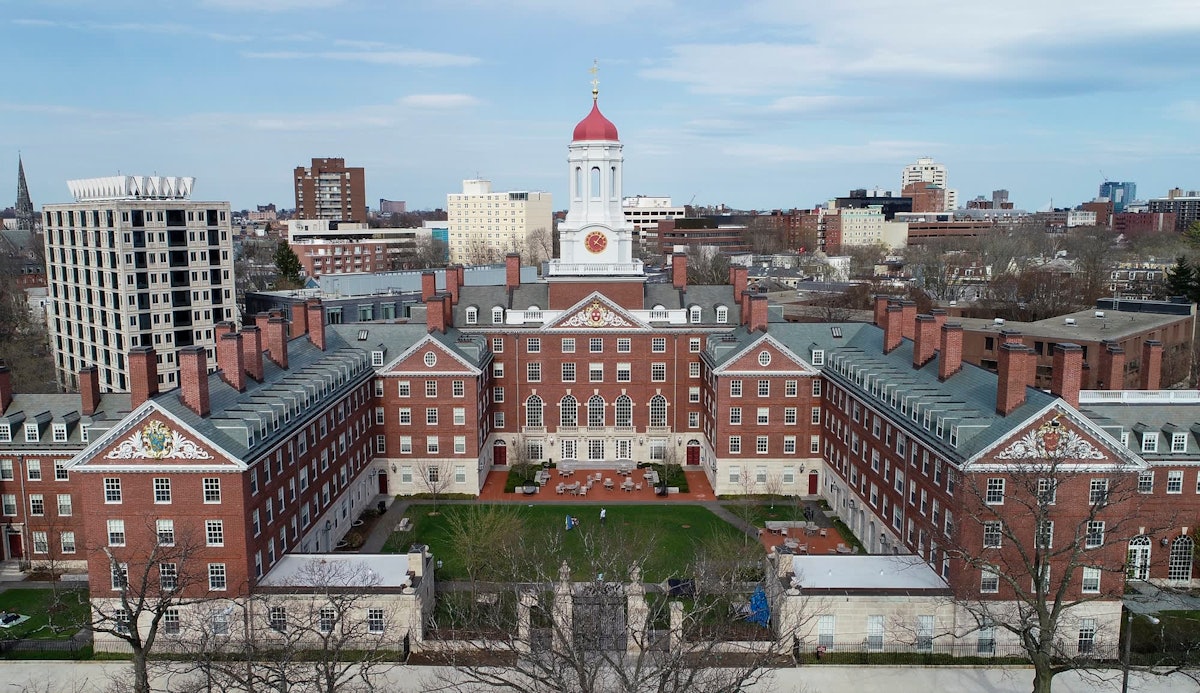Fake data in paper about fake data turns out to be fake

Let’s play Wheel of Social Science:
Data sleuths say they have found evidence of possible research fraud in several papers by Francesca Gino, a behavioral scientist at Harvard Business School. The publications under scrutiny include a 2012 Proceedings of the National Academy of Sciences (PNAS) paper on dishonesty that has already been retracted for apparent data fabrication by a different researcher.
“That’s right: Two different people independently faked data for two different studies in a paper about dishonesty,” write behavioral scientists Uri Simonsohn, Joseph Simmons, and Leif Nelson on their blog, Data Colada, where they published the new evidence supporting their allegations.
Anonymous researchers first found signs of fabricated data in the influential PNAS paper in 2021. The authors of the work had independently conducted different studies on the same question: whether signing an honesty declaration at the top of a form rather than the bottom made people behave more honestly.
Hmmm. Could some sort of “academic superstar” be involved somehow?
That report called into question the work of superstar behavioral scientist Dan Ariely, and the paper was subsequently retracted. Now, Simonsohn, Simmons, and Nelson report finding oddities in the data files for another of the experiments, which they say suggests someone had manipulated the data to influence the outcome of the analysis.
Gino, who offers corporate keynote speeches and has authored two popular books, contributed the data for the experiment in question, according to the Data Colada bloggers. The Chronicle of Higher Education, which broke the news of the latest twist the day before the blog post, notes that Gino had told a co-author that a lab manager had collected the data.
Other papers by Gino may also contain manipulated data, according to the trio of bloggers. They have posted details of their findings for two papers and say they plan to publish analyses of two more in the coming days.
When I wrote about the Alice Goffman thing eight years ago, I suggested that, given the perverse incentives involved, there was probably a whole of academic fraud of this general sort going on.
The friend who alerted me to the story above notes:
Ariely is a superstar in the field. Can’t imagine this isn’t the tip of the iceberg. Given the horrible incentives (ie a paper that shows no effect won’t get published) I’d bet on it.
I mean that custom kitchen remodel in the $1.7 million mid-century modern ranch isn’t going to pay for itself. Somebody should do a paper on that.
